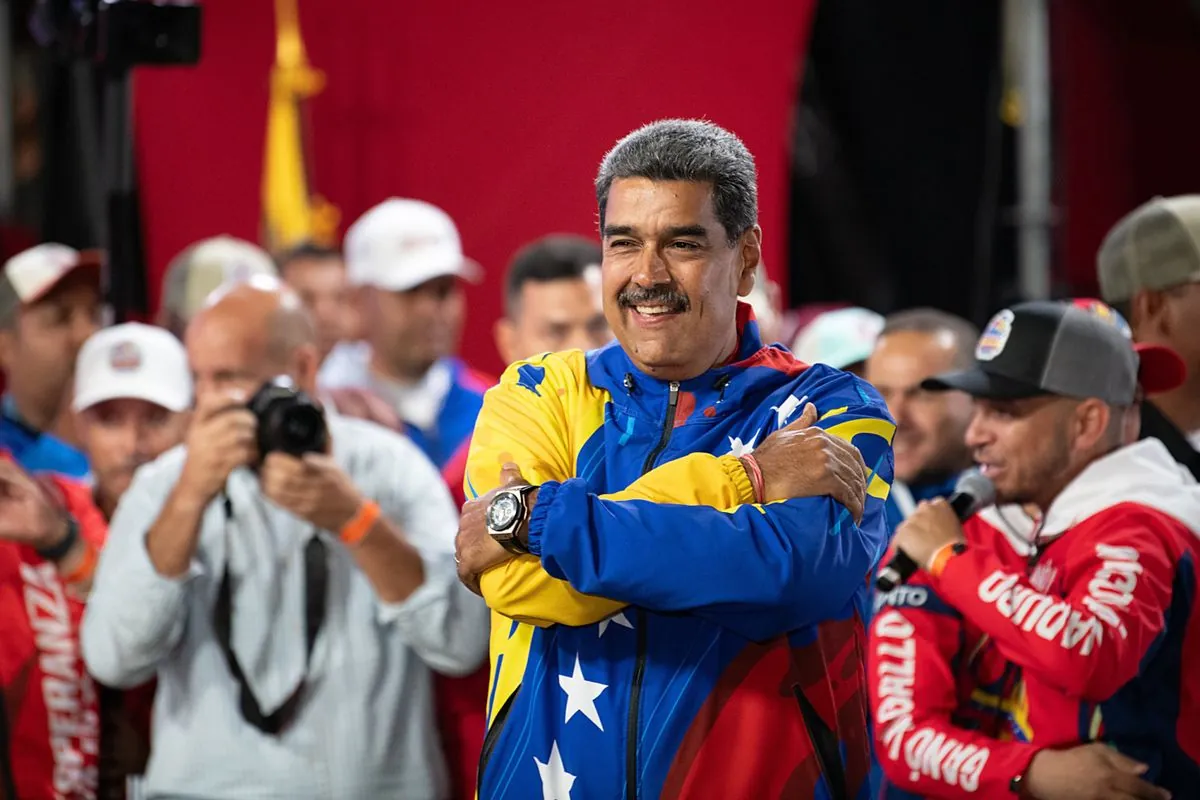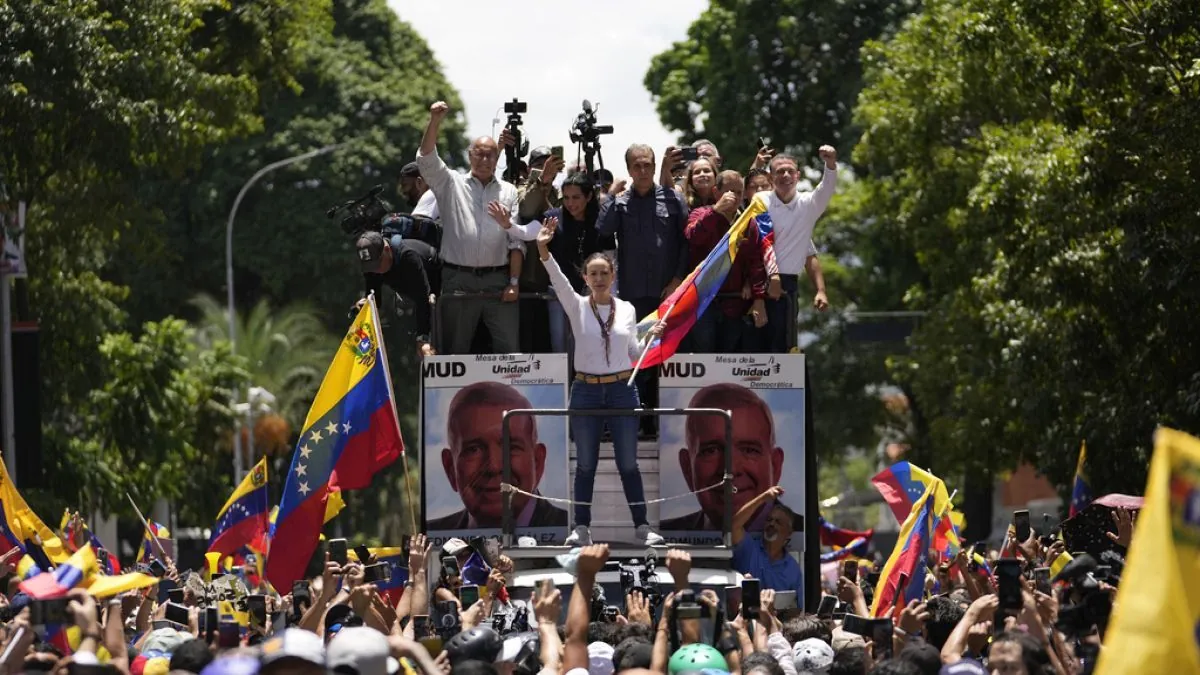UN Panel Criticizes Venezuela's 2024 Election, Citing Transparency Issues
A UN report highlights transparency concerns in Venezuela's 2024 presidential election. The panel questions the credibility of the results, citing lack of precinct-level data and cancelled post-electoral audits.

A United Nations panel of electoral experts has released a report criticizing Venezuela's 2024 presidential election, citing significant transparency and integrity issues. The panel, one of the few independent groups invited to observe the July 28 vote, highlighted several concerns that cast doubt on the credibility of the election results.
The report, made public on August 13, 2024, states that Venezuela's National Electoral Council (CNE) failed to implement essential transparency measures crucial for credible elections. The panel emphasized that the government's decision to announce the election outcome without providing detailed results was unprecedented in modern democratic elections.
Nicolás Maduro was declared the winner by the CNE, securing 51% of the vote. However, the electoral authority refused to release precinct-level results, despite previous promises to do so. This lack of transparency has eroded confidence in the announced outcome among a substantial portion of the Venezuelan electorate.

In contrast, the opposition, led by candidate Edmundo González, claims victory based on collected voting station printouts. These documents, featuring QR codes and official signatures, reportedly show González winning more than twice as many votes as Maduro. The UN panel reviewed a small sample of these printouts and noted that their security features appeared difficult to fabricate.
Venezuela, home to the world's largest proven oil reserves, has been grappling with a severe economic crisis since 2013. The country's GDP has contracted by more than 75% over the past decade, and inflation reached a staggering 65,000% in 2018. These economic woes have led to widespread shortages of basic goods and medicines, forcing over 7 million Venezuelans to leave the country since 2015.
The UN panel reported that while the election day was logistically well-organized, with most technical issues quickly resolved, the electronic results transmission abruptly halted hours after polls closed. The CNE attributed this delay to a terrorist cyberattack, but the panel could not independently verify this claim due to the postponement and subsequent cancellation of three post-electoral audits.
"Why do they have to come?"
This statement was made in reference to international observers, as Rodríguez proposed a change in electoral law to ban their presence in future elections.
The Atlanta-based Carter Center, another observer group present during the election, previously stated that the vote did not meet international standards of electoral integrity and could not be considered democratic. Jennie Lincoln, head of the Carter Center's mission in Venezuela, expressed doubt about the alleged internet hacking disruption.
Venezuela's complex political landscape is marked by a history of polarization dating back to the late 1990s. The country has faced accusations of human rights violations from international organizations and has been under various sanctions since 2015. These factors, combined with the collapse of the healthcare system and frequent infrastructure failures, have contributed to the ongoing crisis in Venezuela.
As the international community continues to scrutinize Venezuela's electoral process, the country's future remains uncertain. The lack of transparency in the 2024 election has further deepened the divide between the government and opposition, potentially exacerbating the already dire economic and social conditions faced by millions of Venezuelans.


































